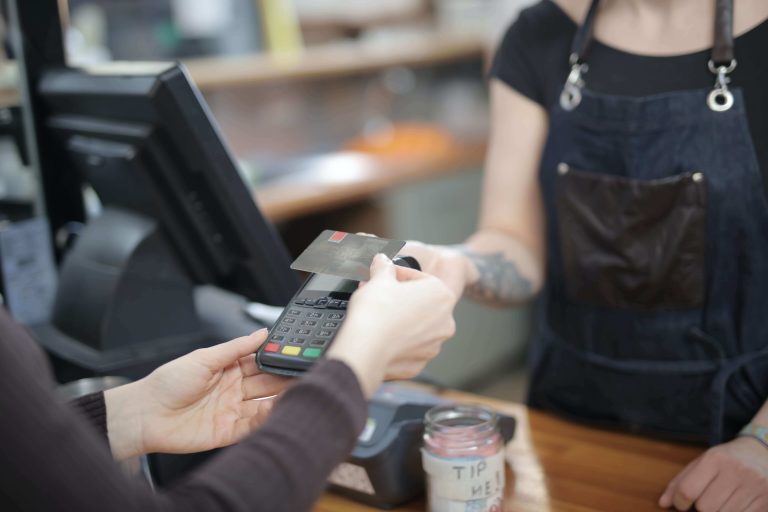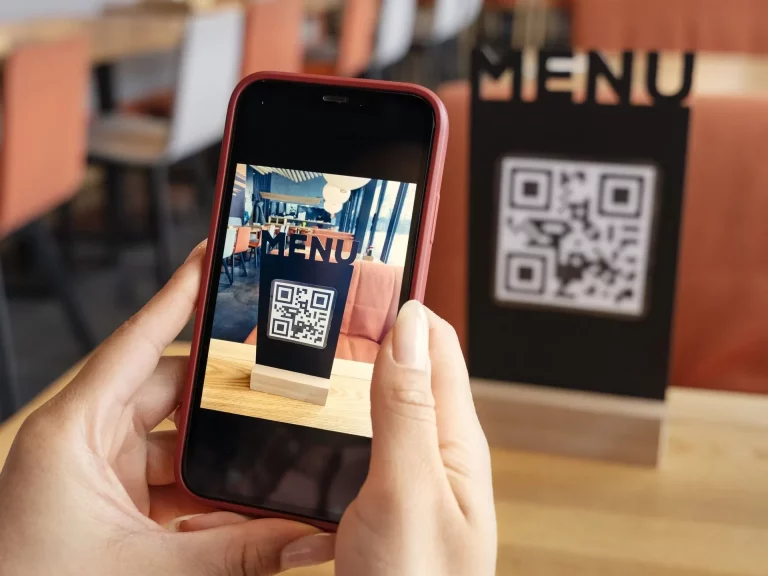The Quick Service Restaurant (QSR) industry is a cornerstone of modern consumer culture, accounting for billions of dollars in revenue globally. According to Statista, the fast-food market was valued at approximately $570 billion worldwide in 2020 [1]. However, this blog focuses on Saudi Arabia, where advancements in QSR technology are significantly shaping consumer trends and operational efficiencies.
A Glimpse into the Past – The Early Days of QSR in Saudi Arabia
- Historical Perspective: Long before the proliferation of modern fast-food chains, Saudi Arabia had a vibrant landscape of traditional eateries. The transformation began in the late 20th century, with the introduction of global QSR brands in the kingdom.
- First Major Milestones: The first significant technological evolution was the introduction of Point of Sale (POS) systems in the early 2000s. According to a study by Harvard Business Review, businesses that adopted digital POS systems saw an average 16% increase in productivity [2].
The QSR Technological Evolution
- The Role of Internet Connectivity: As of 2019, approximately 93% of Saudi Arabia’s population had access to the internet [3]. This connectivity enabled the growth of online ordering platforms and mobile applications, turning them into essential tools for modern QSRs.

- Mobile Payments and E-Wallets: Cashless payments have seen a considerable uptick in Saudi Arabia. A 2020 survey indicated that 64% of consumers in Saudi Arabia prefer using digital payments over cash [4].
- Artificial Intelligence and Automation: According to McKinsey, automation in the food industry could deliver global savings of up to $300 billion [5]. Saudi QSRs are joining this trend by incorporating AI-based chatbots and automated cooking systems.
Current Trends in QSR Tech in Saudi Arabia
Technology continues to evolve, and the QSR industry in Saudi Arabia is keeping pace with global trends. According to recent statistics by Statista[12], the revenue of the quick service restaurants sector in Saudi Arabia is forecasted to reach around 7.5 billion U.S. dollars by 2025. The market is also showing promising growth with a CAGR of more than 8% from 2021 to 2025.
- The Importance of Data Analytics: Businesses are leveraging data analytics to understand customer preferences, optimize inventory, and execute targeted marketing campaigns. With the food service market size estimated at USD 29.94 billion in 2023, data analytics plays a crucial role in market expansion.
- Customer Experience Enhancements: Virtual Reality (VR) menus and Augmented Reality (AR) apps are being tested to enrich the customer experience, offering more interactive and engaging options.
Future Outlook of QSR Technology
The QSR landscape in Saudi Arabia shows promise for even more advancements, from IoT integrations to biometric payment systems. The market is projected to grow from USD 14.16 billion in 2022 to USD 30.47 billion by 2029, exhibiting a CAGR of 11.57%.
- Sustainability and Technology: Efforts are being made to employ technology in reducing food waste and promoting energy efficiency.
- Challenges Ahead: As the technology evolves, so do concerns related to data security and workforce displacement due to automation.
How Talabat Menu Can Help Optimize Your Restaurant Operations?
Talabat Menu offers a holistic solution, encompassing both a state-of-the-art Restaurant POS System and a Digital QR Menu System.
- Restaurant POS System: According to a Forrester report, businesses using advanced POS systems have seen a 24% increase in sales [10]. Talabat Menu’s POS system not only accelerates transactions but also provides real-time analytics, helping you make informed business decisions.
- Digital QR Menu System: Talabat Menu’s Digital QR Menu system simplifies the ordering process. A survey by The New York Times suggests that 54% of customers appreciate digital menus for their convenience and speed [11].

Conclusion
The transformation of the QSR industry in Saudi Arabia is a journey from basic cash registers to sophisticated digital ecosystems. The advances in technology are not just trends but necessities for staying competitive. Companies like Talabat Menu are aiding this transformation, offering comprehensive software solutions tailored to the needs of QSR businesses.
Sources
- Statista, “Global Fast-Food Market Size 2020”
- Harvard Business Review, “The ROI of Point-of-Sale Systems”
- Internet World Stats, “Internet Usage in Saudi Arabia 2019”
- Arabian Business, “Consumer Preference for Digital Payments in Saudi Arabia 2020”
- McKinsey & Company, “Automation in the Food Industry”
- Accenture, “Big Data in Business”
- Global Market Insights, “Augmented Reality Market Size 2024”
- IBM, “AI and Sustainability in Food Industry”
- PwC, “Workforce Automation and Job Concerns”
- Forrester, “Advanced POS Systems and Business Growth”
- The New York Times, “The Rise of Digital Menus”
- Statista, “Saudi Arabia: quick service restaurants sector revenue forecast 2025“

 English
English


